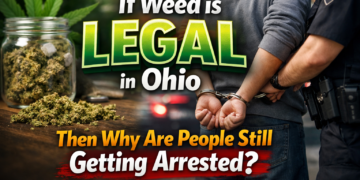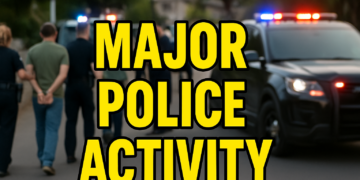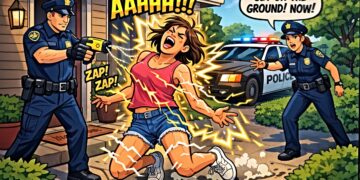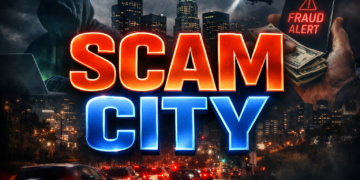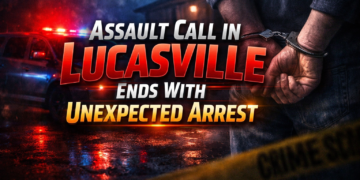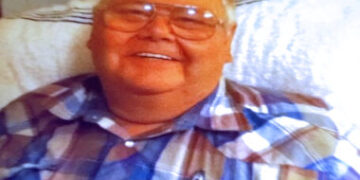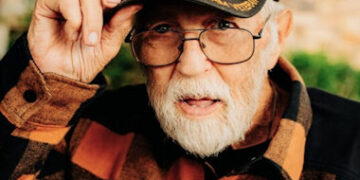Every June 19, in Washington D.C. and 47 other U.S. states, Juneteenth is celebrated in different capacities. Juneteenth is celebrated as a ceremonial or state holiday to commemorate the unity and freedom associated with the end of slavery. On the first of January, 1863, the Emancipation Proclamation became official. The execution of the proclamation was, however, influenced by the presence of Union soldiers. In areas where there was a heavy presence of Union soldiers, the executive order was implemented more effectively than areas where their presence is limited. The soldiers had little presence in Texas, and this stalled the implementation of the order.
Major General Gordon Granger led a troop of Union soldiers to Galveston, Texas on June 19, 1865, to enforce the Emancipation Proclamation. As Texas was the last state where the proclamation was fully enforced, the coming of Major General Granger to ensure that slaves were freed signified the official end of slavery. Although slaves across other parts of the country had been free for over two years, June 19th, 1863 marked the beginning of freedom for slaves in Texas. Juneteenth was coined from the words, June and nineteenth. To date, Juneteenth is particularly revered in Galveston, Texas with celebrations including pilgrimages by former slaves and their descendants.
Juneteenth is a celebration that commemorates freedom as well as a connection to the roots. The earliest celebrations were aimed at maintaining a sense of community amongst relatives. Over time, Juneteenth has become linked to civil rights movements.
Because the holiday focuses on community and essential historical happenings, Juneteenth activities usually include those that emphasize the importance of togetherness such as fishing and baseball. Barbequing is also a major activity, a highlight of Juneteenth celebrations throughout the decades. Foods such as strawberry soda-pop and red velvet are commonly part of Juneteenth celebrations.
The earliest celebrations of this holiday were met with resistance, especially as regards the use of public grounds. Disruptions of celebrations were also recorded. Thus, there was little to no interest outside the Black community in the early Juneteenth celebrations. Over time, public grounds were bought and dedicated to events commemorating the holidays.
Educational activities focusing on the events that led to Juneteenth are a major part of celebrations. Parades, debates, concerts, pageants, and readings of the Emancipation Proclamation are other activities that are typically part of Juneteenth celebrations. This is an evolution of the activities of the early celebrations that included speakers talking about the past, including their experiences as slaves. Cookouts are a part of Juneteenth celebrations
Although celebrations experienced a decline after the early celebrations, a resurgence associated with Civil Rights movements was experienced in the 1950s and 1960s. This resurgence helped in encouraging activities to date. In Texas, from 1980, Juneteenth was made a state holiday.
It is now a national holiday. Juneteenth promotes unity and respect for all cultures.
STRAWBERRY SODA POP CAKE
Ingredients
- 1 box strawberry cake mix
- 1 large package or 2 small packages strawberry jello
- 1 cup boiling water
- 1 cup strawberry soda
- 1 jar vanilla frosting
- 1 pkg strawberry kool-aid
Prepare cake mix and bake in a 9×13-inch pan, follow instructions on the box.
While the cake is still warm, poke holes all over the top of the cake.
Add the kool-aid to the vanilla frosting and mix till well blended, spread over the cake.






